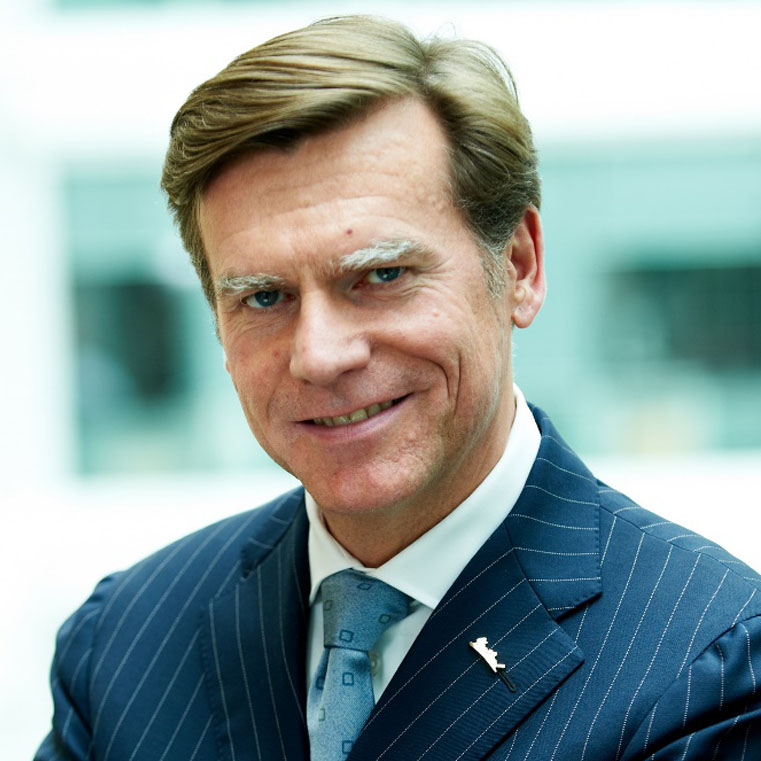About OK2Roam
Executive Team

David is a PR and business communications expert, recently turned into a tech… Read More

Hans-Christian Boos
Hans-Christian Boos, known to his friends as Chris, is the Founder of Arago, a leading artificial… Read More

Asheesh Malaney
Asheesh is a highly experienced strategy consultant and entrepreneur, who… Read More

Dr. Marek Meyer
Marek is an experienced product manager with a strong track record of creating disruptive… Read More

Dr. Benjamin Tarsh
Benj is a practicing GP with extensive experience in transmissible diseases… Read More

Nigel Harris
Nigel is a practicing accountant with 30 years’ experience running his own firm. He… Read More
Advisory Board

Wolfgang Neumann
Wolfgang is a senior hospitality executive with 30+ years of international… Read More
Philosophy and Business Model
OK2Roam’s big idea is to reinvent pandemic management, changing it from a low-tech, rules-based system that restricts people generally from travelling, gathering and coming close, to a high-tech, risk-based system that ascribes disease exposure risk scores to individuals in real time, as they interact with others and with the environment. It is built on the growing popularity of wearable technology and advances in artificial intelligence (AI) enabling the rapid computation of risk.
This approach offers numerous advantages, including faster and more effective disease containment, more efficient contact tracing, substantially reduced costs, greater scope for individual freedom and substantially less damage to the economy.
OK2Roam goes much further than contact tracing systems by also analysing the results of diagnostic/screening tests, symptom checks, vaccinations, and real-time Bluetooth contact data. By calculating risk individually, it is possible to identify the riskiest individuals and potential disease spreaders immediately. One can then constrain viral spread proactively, by ensuring additional testing and, as necessary, advising the riskiest individuals, and their contacts to self-isolate.
OK2Roam is confident that the public will embrace its technology enthusiastically because there is an appealing quid pro quo for sharing a little personal information. In the context of a pandemic, when travelling and gathering are heavily constrained, giving up a little privacy in exchange for being able to attend events, enjoy hospitality or travel is a compelling trade off. There is good precedent for the public embracing such a proposition because they do so every day, and consent to greater levels of intrusion, when they browse the internet, engage with many forms of social media, or use a mobile phone.
For businesses such as cruise ships and resorts and for tourism dependent destinations, deploying OK2Roam will enable them to claim a superior level of bio security, to reduce the need for social distancing and to reassure consumers that they are low-risk places to visit. That will enable them to recover from the pandemic more rapidly and more profitably.
The business model is based on providing access to the platform via the internet to consumers, to businesses and to health authorities in exchange for a modest fee per user. Governments, universities and substantial companies seriously interested in using the platform will be able to run trials on it for a limited period of time gratis.



